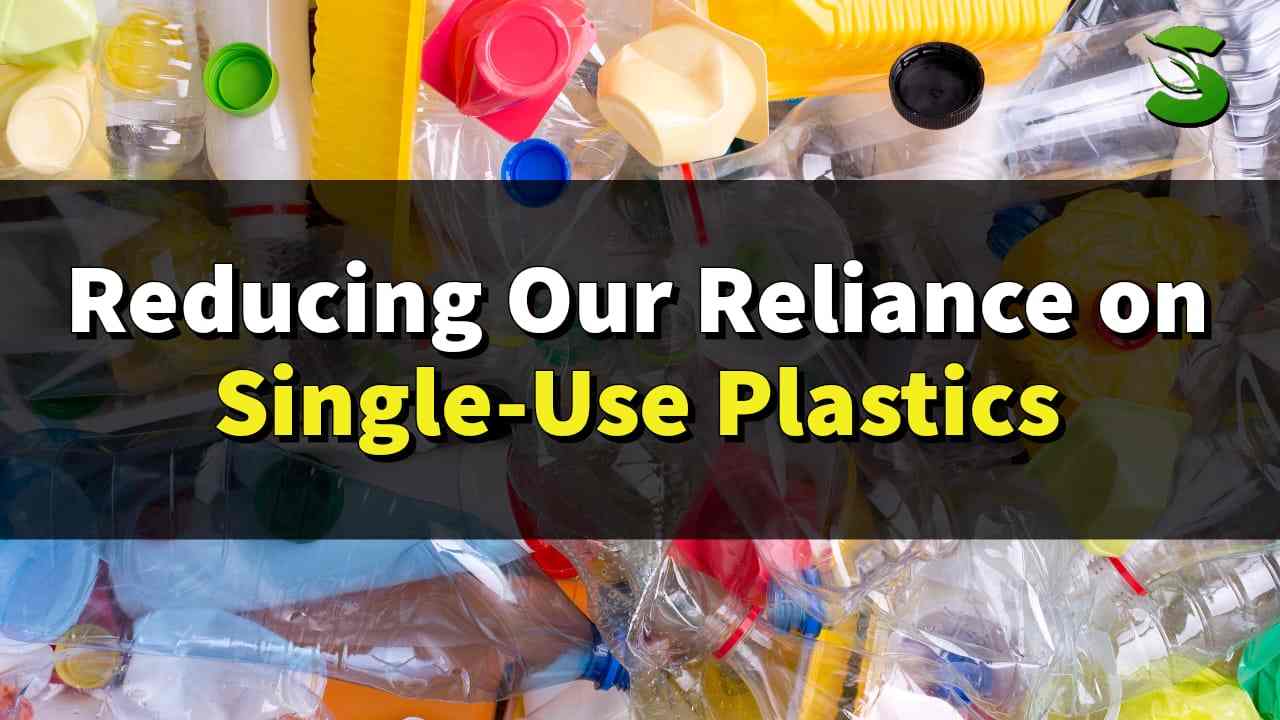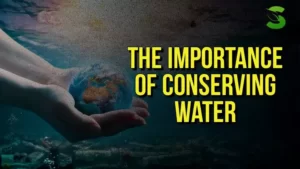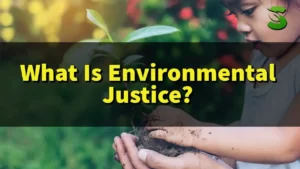Our planet is facing an environmental crisis, and one of the culprits is single-use plastics. These convenient but harmful items are suffocating our oceans, harming wildlife, and polluting our world. It’s time to take action, reduce our reliance on single-use plastics, and embrace a more sustainable future.
The Problem with Single-Use Plastics
Single-use plastics may seem convenient, but their environmental impact is severe. Pollution, harm to wildlife, and long-term consequences are all part of the issue. Let’s explore the problem in detail.
Plastic Pollution – A Global Menace
Plastic pollution is a global menace. From plastic bags floating in the breeze to discarded straws and bottles littering our streets, plastic waste is everywhere. It finds its way into our oceans and waterways, contaminating the environment.
Statistics show that approximately 8 million tons of plastic enter the ocean each year, wreaking havoc on marine life and ecosystems. It’s estimated that by 2050, there could be more plastic in the ocean than fish if we don’t take action.
Wildlife Harm
One of the heart-wrenching consequences of single-use plastics is the harm they inflict on wildlife. Animals often mistake plastic for food, leading to ingestion and entanglement. Seabirds, turtles, and marine mammals suffer immensely from this plastic peril.
Long-Term Consequences
The long-term consequences of single-use plastics extend far beyond what we can currently see. Plastics can take hundreds of years to break down, leaving a lasting legacy of pollution. We must act now to mitigate these effects.
Alternatives to Single-Use Plastics
Thankfully, there are alternatives to single-use plastics that are both practical and sustainable. Let’s explore these alternatives, their benefits, and potential drawbacks.
Reusables: A Greener Choice
One of the most effective alternatives to single-use plastics is opting for reusable items. Reusable containers, water bottles, and bags reduce the need for disposable plastics and cut down on waste.
Biodegradable Materials
Biodegradable materials offer a promising solution. These materials break down naturally, posing less harm to the environment. Products made from cornstarch, bamboo, or sugarcane are excellent examples.
Innovative Solutions
Innovation plays a crucial role in reducing single-use plastics. Companies are developing creative solutions, such as edible packaging and 3D-printed bioplastics. These innovations are not only eco-friendly but also practical.
Real-Life Success Stories
Numerous organizations and businesses have successfully implemented alternatives to single-use plastics. For instance, the “Refill” campaign encourages people to refill their water bottles instead of buying new ones. These success stories inspire change on a broader scale.
Government and Corporate Initiatives
Addressing the issue of single-use plastics requires a collective effort. Government regulations and corporate responsibility play a pivotal role in combating plastic pollution.
Government Regulations
Many countries and regions are implementing regulations to reduce single-use plastics. These include bans on plastic bags, restrictions on plastic straws, and incentives for recycling. These measures are essential for curbing plastic waste.
Corporate Responsibility
Corporations are increasingly recognizing their role in the plastic problem. Many are adopting eco-friendly packaging and reducing plastic use. However, more extensive action is needed from corporations to create a lasting impact.
Individual Action and Lifestyle Changes
Individuals also have a crucial role to play in reducing single-use plastics. Small changes in our daily lives can add up to significant improvements for the environment.
Simple Swaps
Start by making simple swaps in your life. Replace plastic water bottles with reusable ones, switch to cloth shopping bags, and use a thermos instead of disposable coffee cups.
Recycling Practices
Proper recycling is essential. Learn what can and cannot be recycled in your area, and ensure your plastics are disposed of responsibly.
Inspiring Others
Lead by example and inspire others to join the movement. Encourage your friends and family to reduce their reliance on single-use plastics, and share your journey on social media.
The Role of Education and Awareness
Education and awareness are powerful tools in the fight against single-use plastics. We must inform and inspire the next generation and the wider community.
Educating Children
Teaching children about the impact of single-use plastics instills an early sense of responsibility. Schools can incorporate lessons on environmental issues and encourage eco-friendly practices.
Spreading Information
The power of social media and community engagement should not be underestimated. Share informative content, engage in discussions, and participate in clean-up events to raise awareness.
Conclusion
In conclusion, reducing our reliance on single-use plastics is a shared responsibility. The problem is significant, but the solutions are within reach. By embracing alternatives, supporting government and corporate initiatives, making individual lifestyle changes, and raising awareness, we can make a difference. Together, we can combat plastic pollution and ensure a cleaner, healthier planet for future generations.
FAQs
How can I reduce my reliance on single-use plastics in my daily life?
You can start by making simple swaps like using reusable containers and water bottles, and opting for cloth shopping bags. Additionally, educate yourself on local recycling practices to dispose of plastics responsibly.
Are there successful real-life examples of reducing single-use plastics?
Yes, there are many success stories. Initiatives like the “Refill” campaign encourage people to refill their water bottles, reducing the need for single-use plastic bottles.
What is the role of government regulations in reducing single-use plastics?
Government regulations, such as bans on plastic bags and restrictions on straws, play a crucial role in curbing plastic pollution. They create legal frameworks that promote eco-friendly practices.
How can I inspire others to reduce their reliance on single-use plastics?
Lead by example and share your journey on social media. Encourage your friends and family to join the movement, and participate in community clean-up events to raise awareness.
Why is educating children about the issue of single-use plastics important?
Educating children about the impact of single-use plastics instills a sense of responsibility from an early age. It ensures that future generations are aware of the environmental consequences and are motivated to take action.
What are some innovative solutions to reduce single-use plastics?
Innovations include edible packaging and 3D-printed bioplastics. These creative solutions not only offer eco-friendly alternatives but also practical choices for consumers.
ALSO READ |The Ultimate Guide to Sustainable Living: Tips and Tricks to Reduce Your Impact on the Planet








Dear Website Owner,
I hope this email finds you well. I recently discovered your website and was impressed by the quality of your content and the helpful information you offer to your audience. In light of this, I would like to propose a backlink exchange that could benefit both our websites.
My website, https://m.cheapestdigitalbooks.com/, is focused on providing affordable digital books to readers around the world. We currently have a strong online presence with a Domain Authority (DA) of 13, a Page Authority (PA) of 52, and a Domain Rating (DR) of 78. Our website features 252K backlinks, with 95% of them being dofollow, and has established connections with 5.3K linking websites, with 23% of these being dofollow links.
I believe that a mutually beneficial backlink exchange could be of great value for both of our websites, as it may lead to an increase in website authority and improve our search engine rankings. In this collaboration, I am willing to add backlinks from my website using your desired keywords and anchor texts. In return, I would be grateful if you could include backlinks with my desired keywords and anchor texts on your website.
I kindly request that you visit my website, https://m.cheapestdigitalbooks.com/, to get a sense of the potential benefits this partnership could bring to your site. I am confident that this collaboration will provide a win-win situation for both parties, and I look forward to learning more about your thoughts on this proposal.
Thank you for considering my offer. I am excited about the potential growth this partnership may bring to our websites and am eager to discuss the details further. Please do not hesitate to reach out to me at your convenience.
Best regards,
David E. Smith
Email: david@cheapestdigitalbooks.com
Address: 3367 Hood Avenue, San Diego, CA 92117